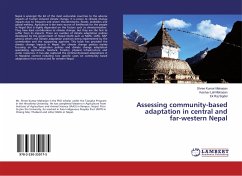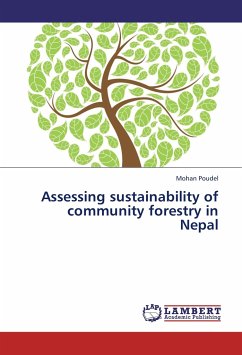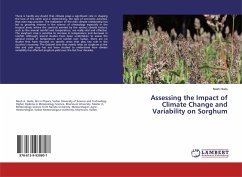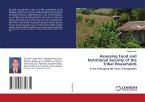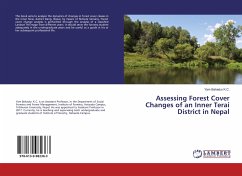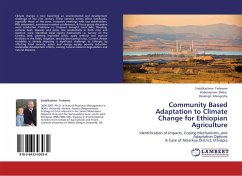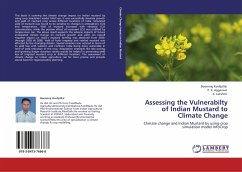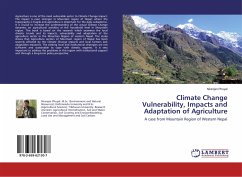Nepal is amongst the list of the most vulnerable countries to the adverse impacts of human induced climate change. It is prone to climate change impacts due to frequent and severe thunderstorms, floods, landslides and glacial melting. Agriculture is the main source of livelihoods for the people in Nepal that is highly depended on the factors such as climate/weather. They have least contributions to climate change, but they are the first to suffer from its impacts. There are number of climate adaptation policies developed by the government of Nepal (GoN) such as NAPA, LAPA, NAP among others and climate adaptation practices being implemented by the communities and the supporting agencies. This book has provided the climate change impacts in Nepal, the climate change policies mainly focusing on the adaptation policies and climate change adaptation specializing agriculture, livestock, forestry, physical infrastructure and water resources. It has also captured the community-based adaptations in in Nepalese context including two specific cases on community based adaptations from central and far western Nepal.

